With the Fugitive Slave Act updated for 1850, the business of the Boston Vigilance Committee’s job became that much more difficult to carry out. That October, the Committee held another meeting to discuss where it would operate moving forward.
New Leadership
By the time this meeting took place, many of the old inner circle had stepped aside or were about to do so. Frederick Douglass spoke at this meeting which has resulted in it being referred to as the founding meeting of the organization. As a matter of fact, most of the new wave of members didn’t even know that the group was formed over nine years earlier.
The new leadership saw the offices–and the Committee as a whole—less racially integrated as the founding class. It has been estimated that there were no more than eight Black members at any given time during this period. The Boston Vigilance Committee also had no women as members.
Most of the wealthier white members provided financial power. Those who couldn’t–or wouldn’t–participate in freeing slaves. Some influential Black members took part in the “heavy lifting” of the Committee such as Lewis Hayden and Robert Morris.
Overall, the Boston Vigilance Committee grew to over 200 active or participating members between 1850-1851. This made for a large network of scouts, lawyers, doctors, smugglers, rescuers, recruiters, and financiers. Also, it didn’t just rely on members for its goal. Bostonians who weren’t Committee members also assisted and were paid for their participation.
The Committee Dissolves
The Committee kept records on many things during its existence but internal bickering or factions weren’t documented—if they occurred. This is an odd trait of these kinds of groups which tend to just disband when there was still work to do.
The Boston Vigilance Committee ended operations in April 1861. This is two years before the Emancipation Proclamation and four years before the Civil War even ended. There were still slaves escaping the South at this time. Some joined the Union as combatants while others simply tailed Union soldiers—ultimately making their job more difficult while traveling but doing domestic work when camped.
REFERENCE
–http://primaryresearch.org/boston-vigilance-committee-expenses/
-http://primaryyountorfiles.com/boston-vigilance-committee-formed/





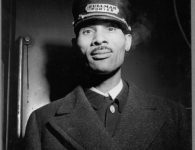
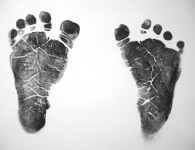
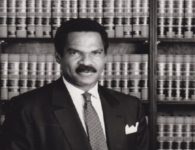
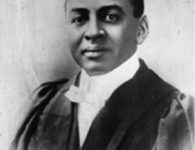
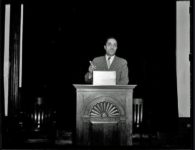
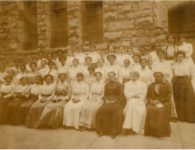


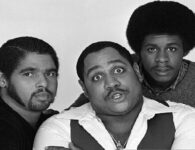
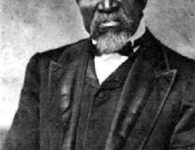
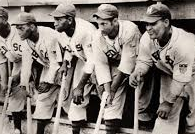

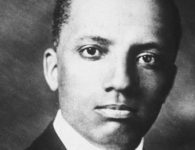
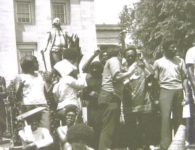
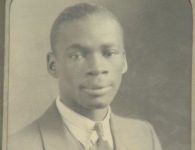

No comments